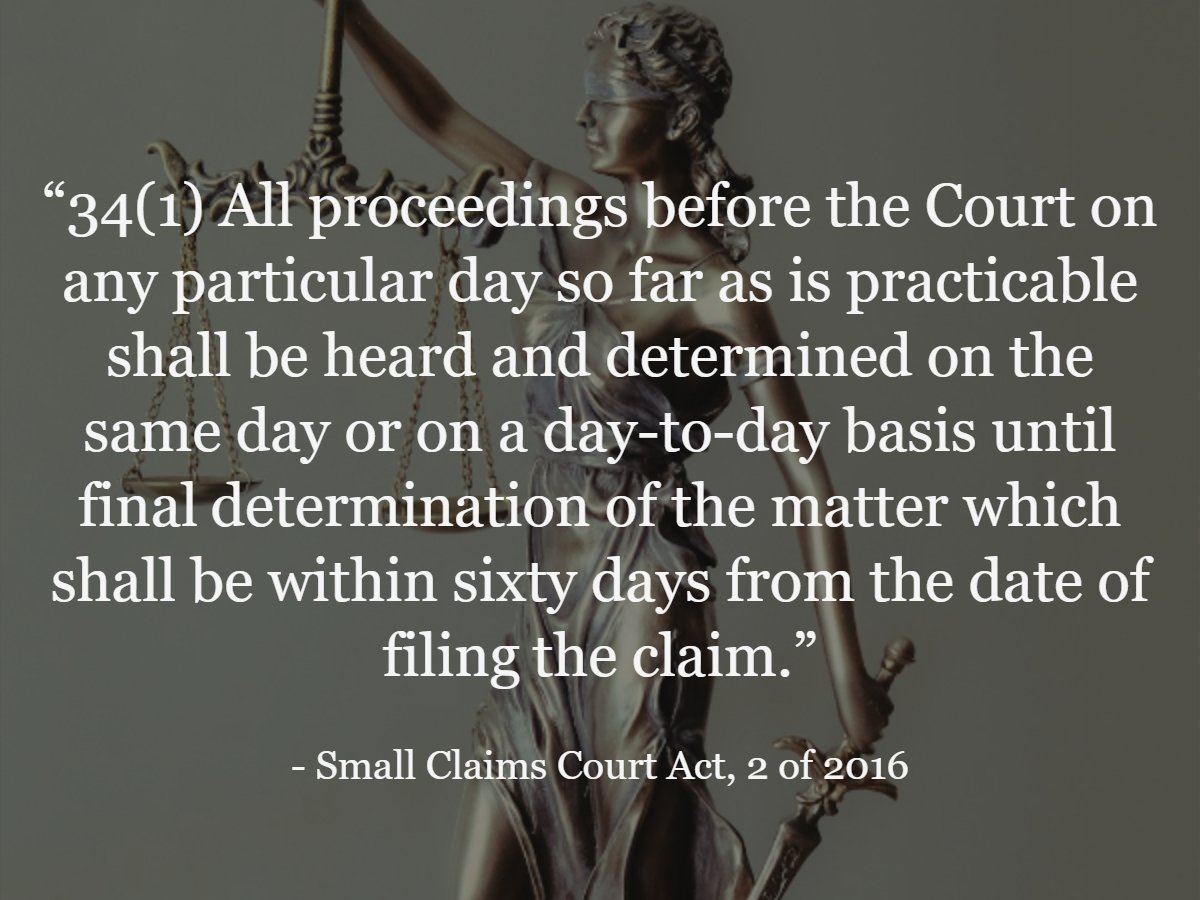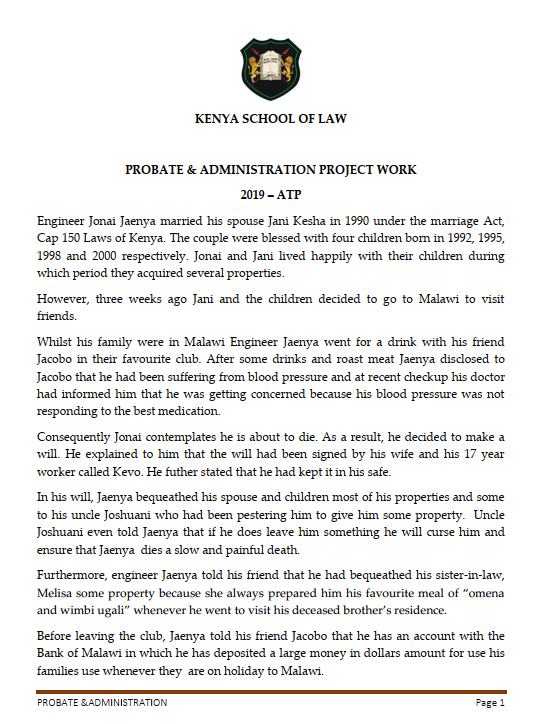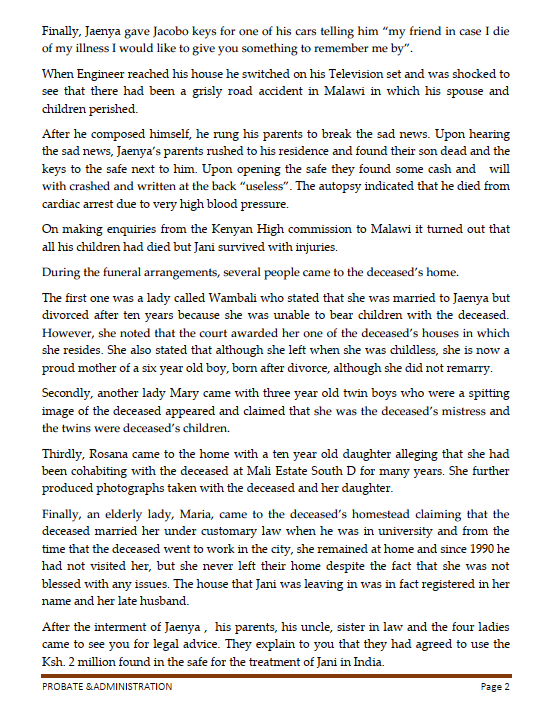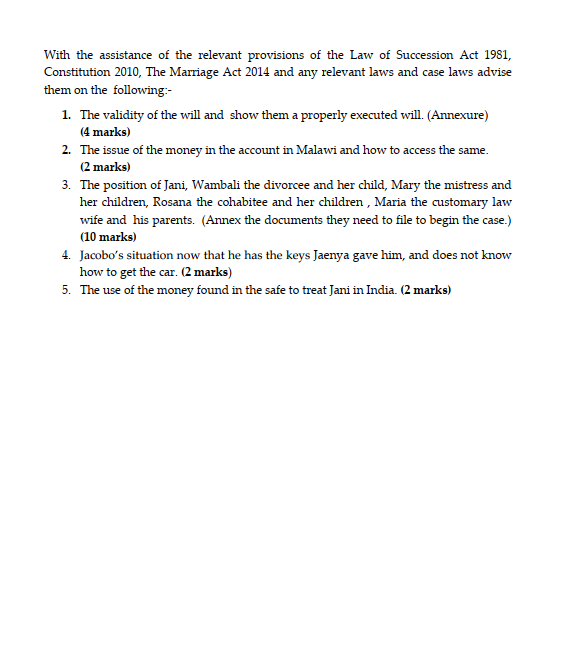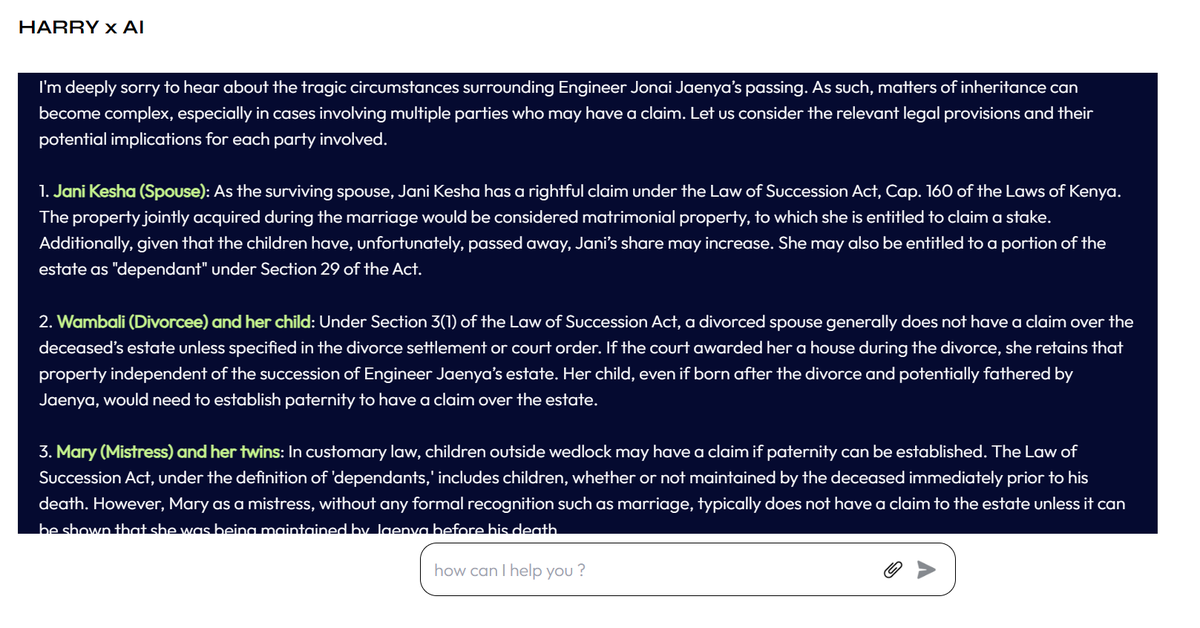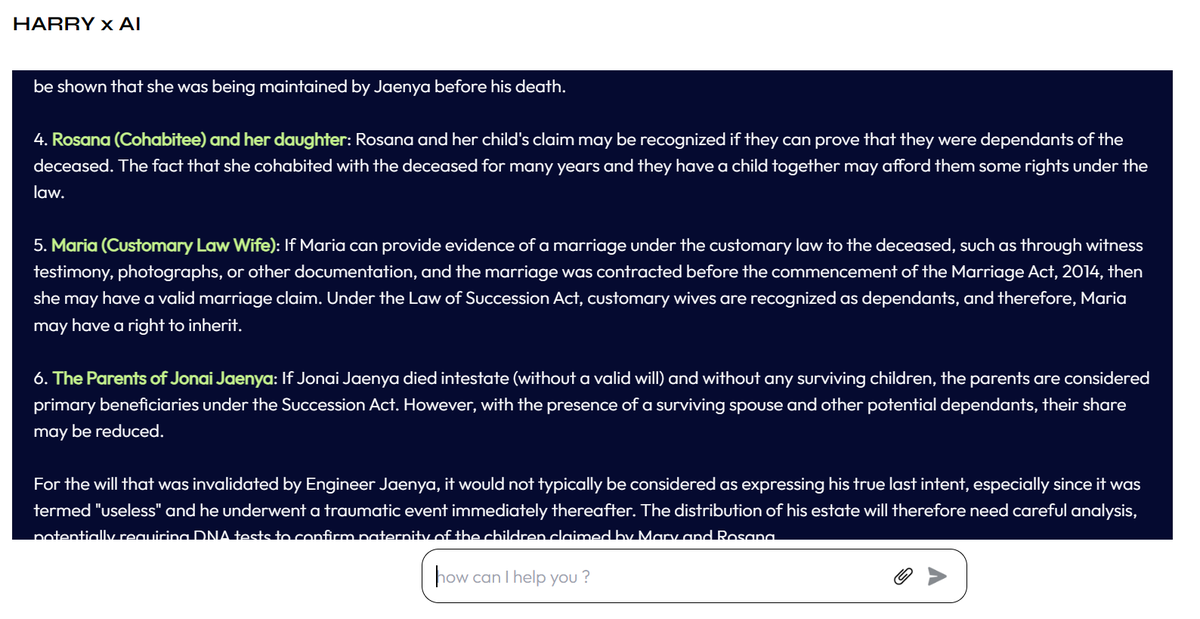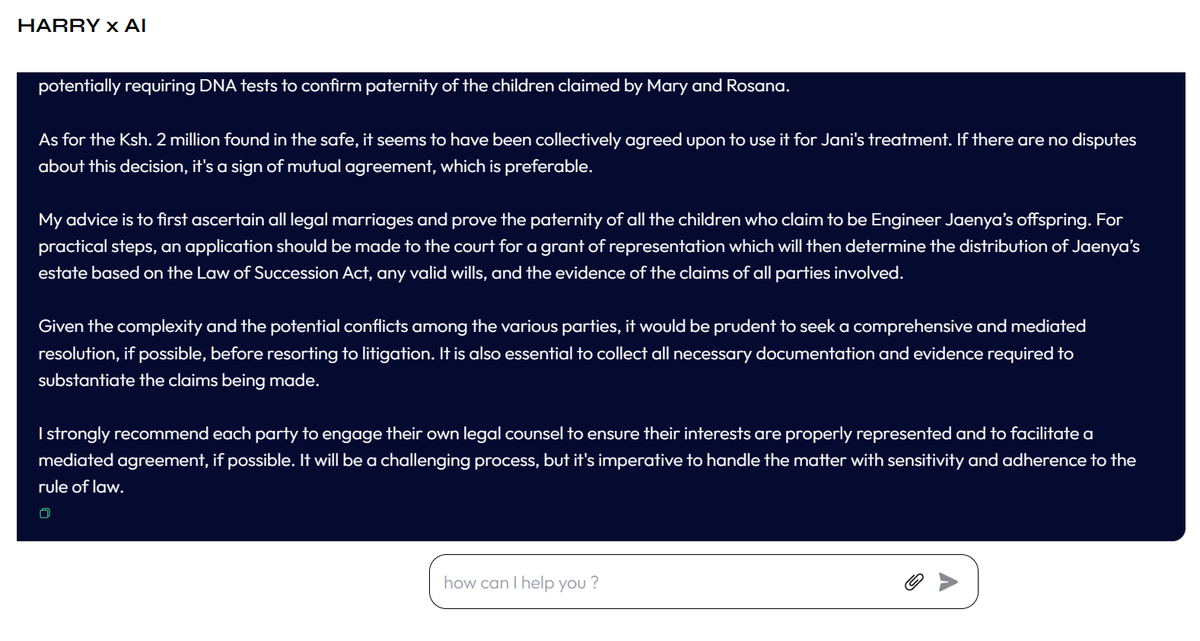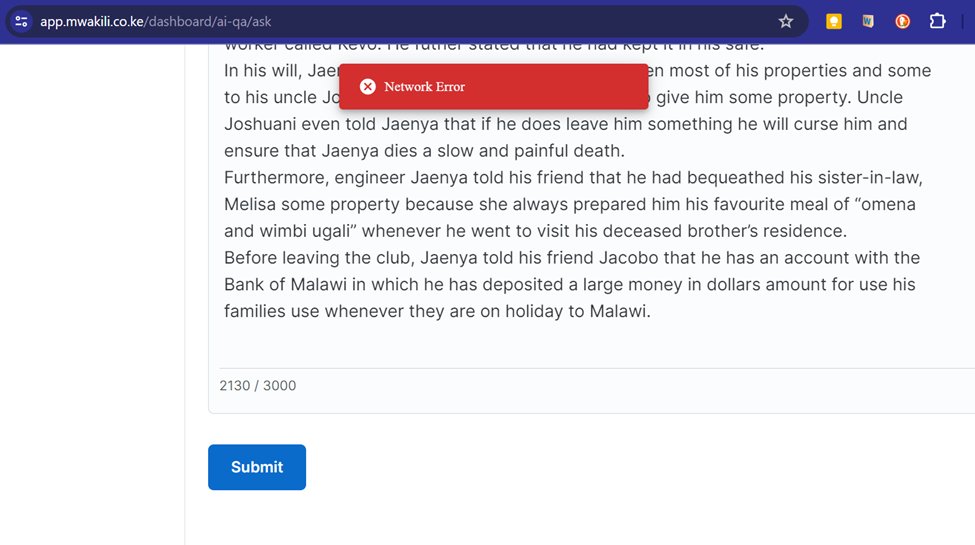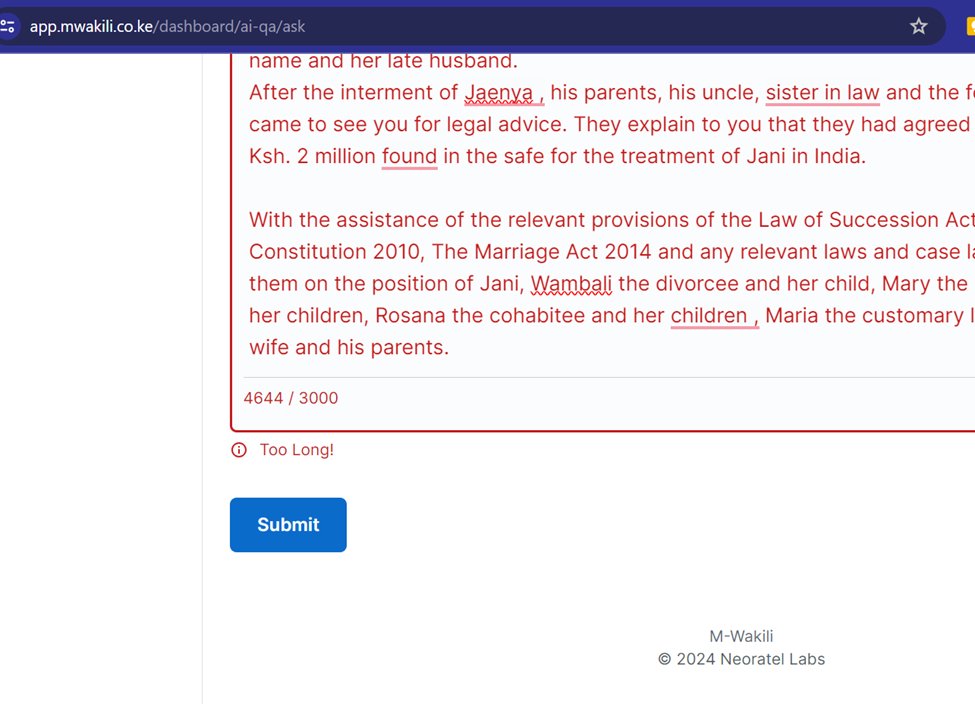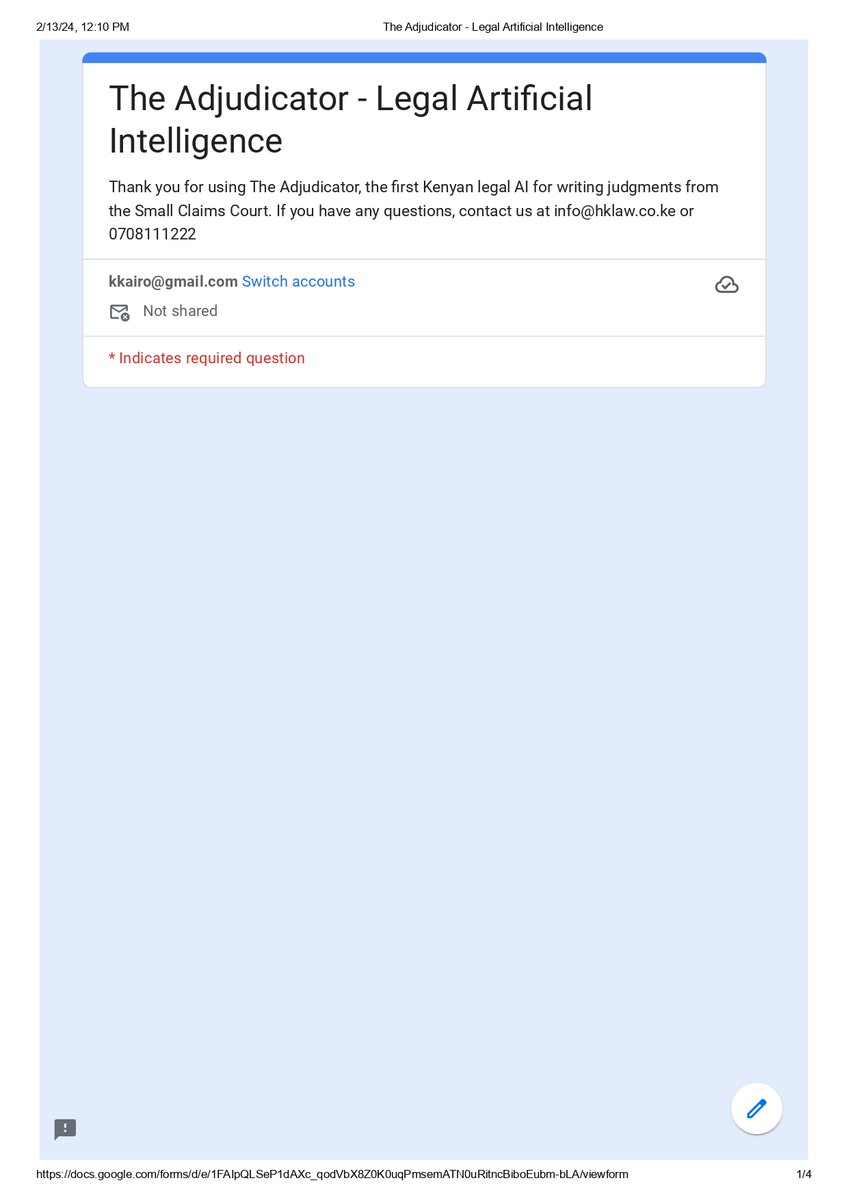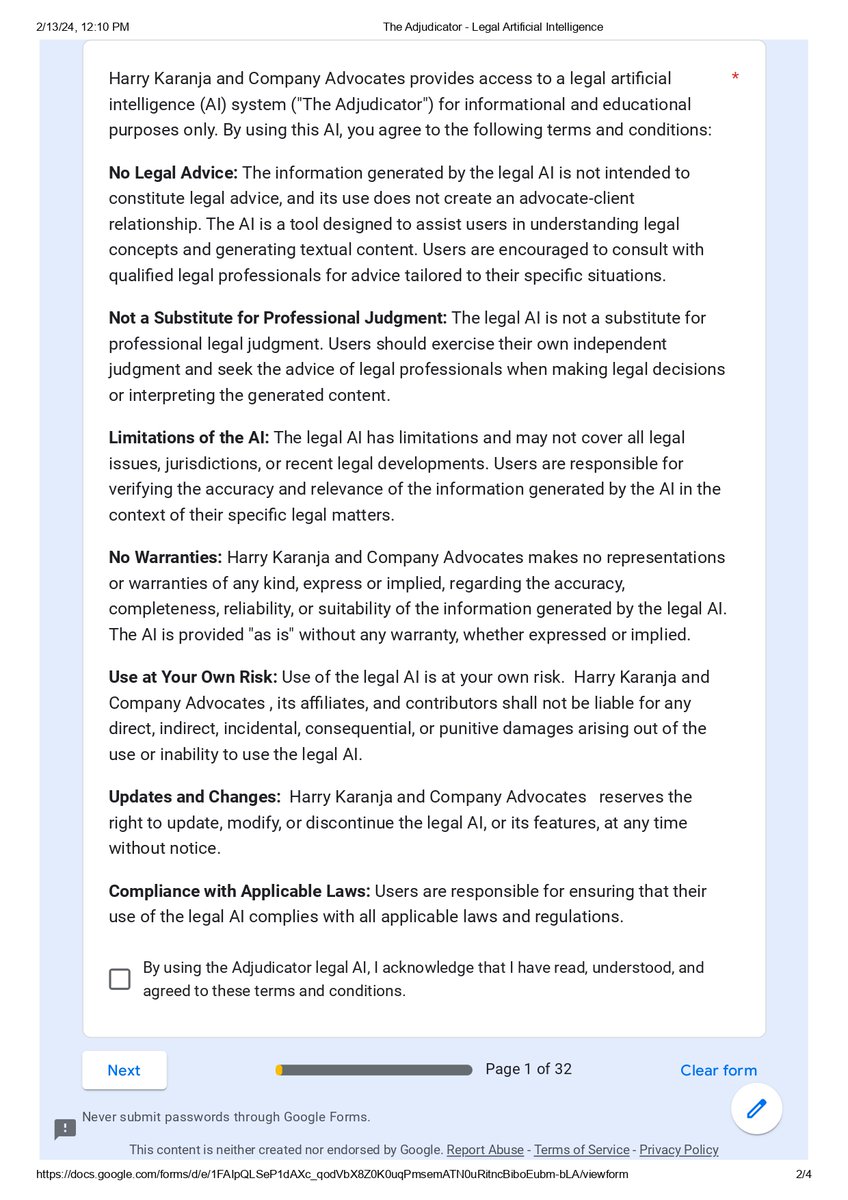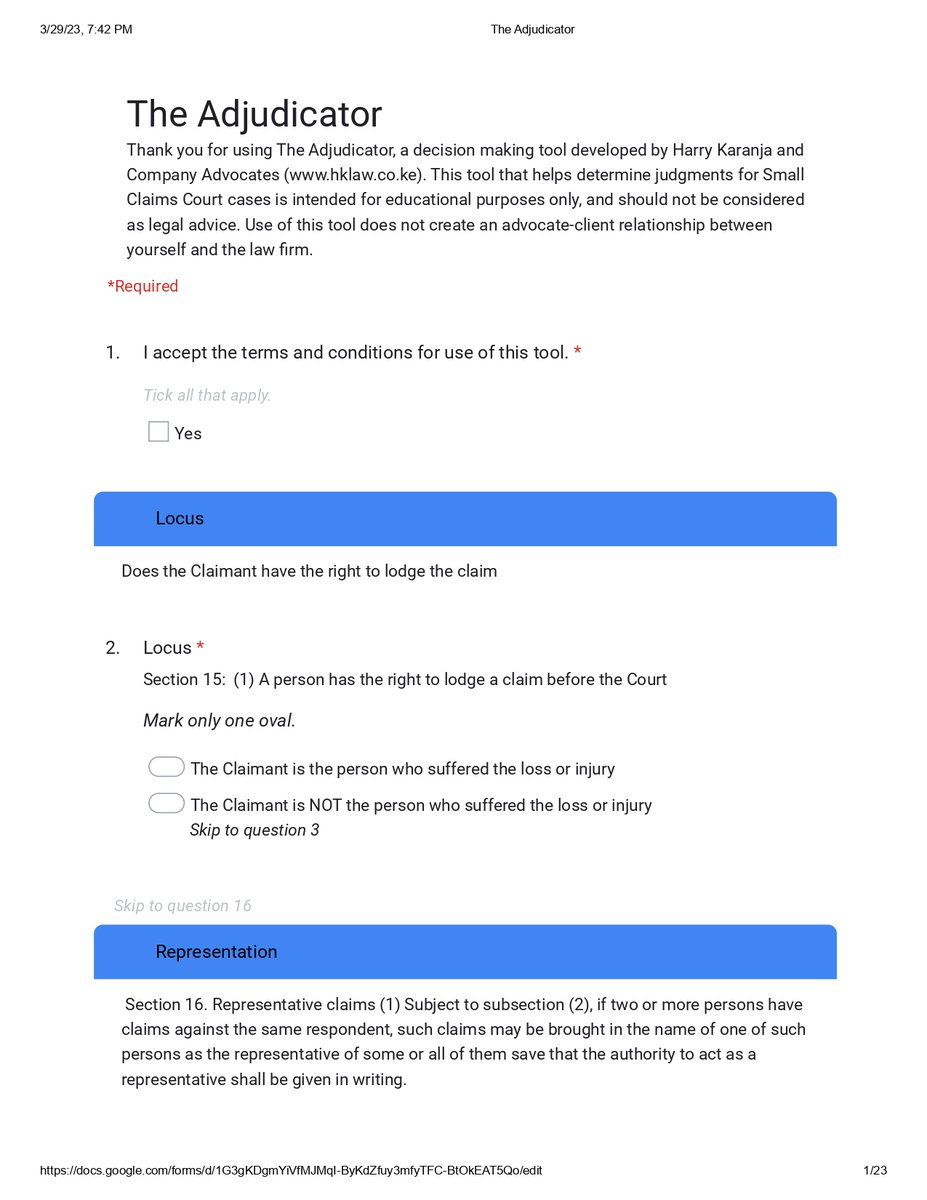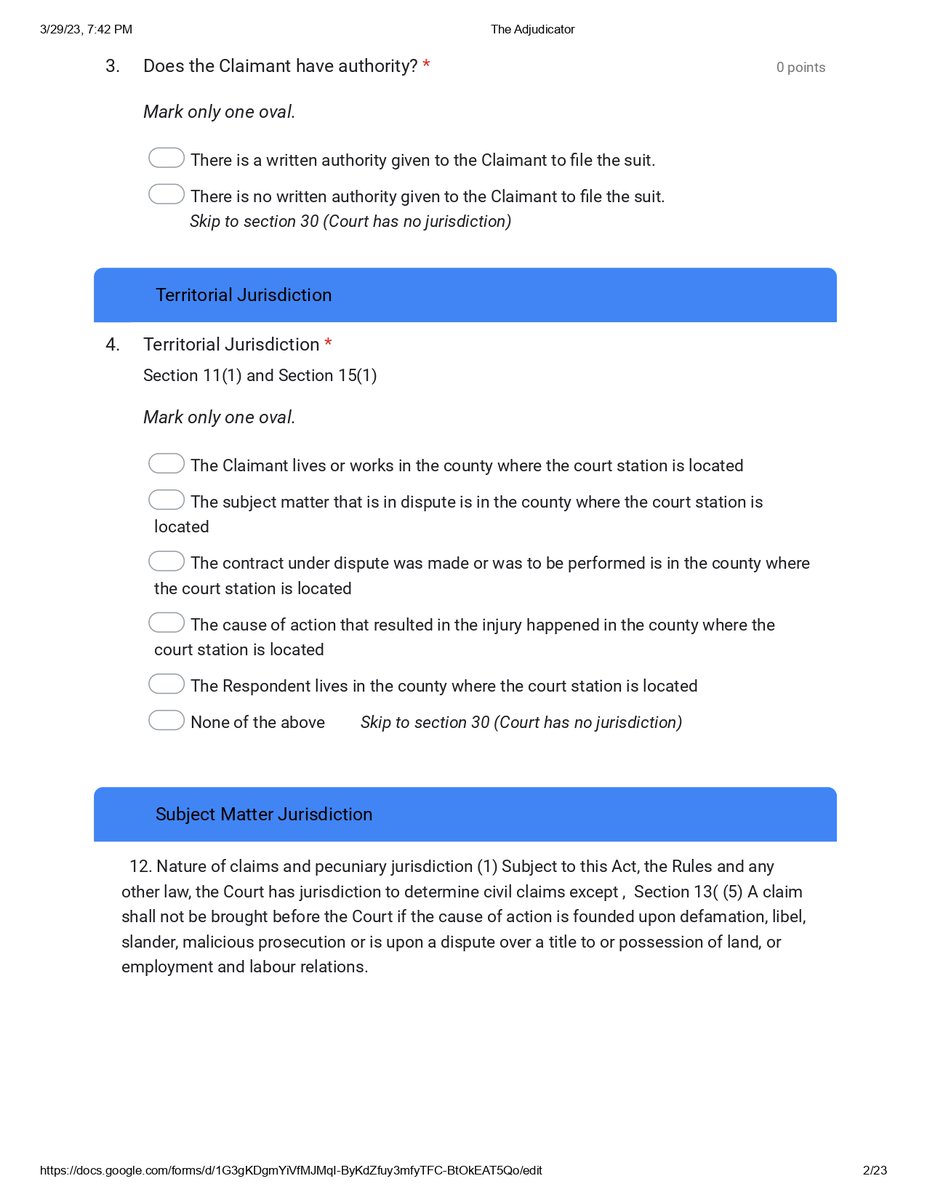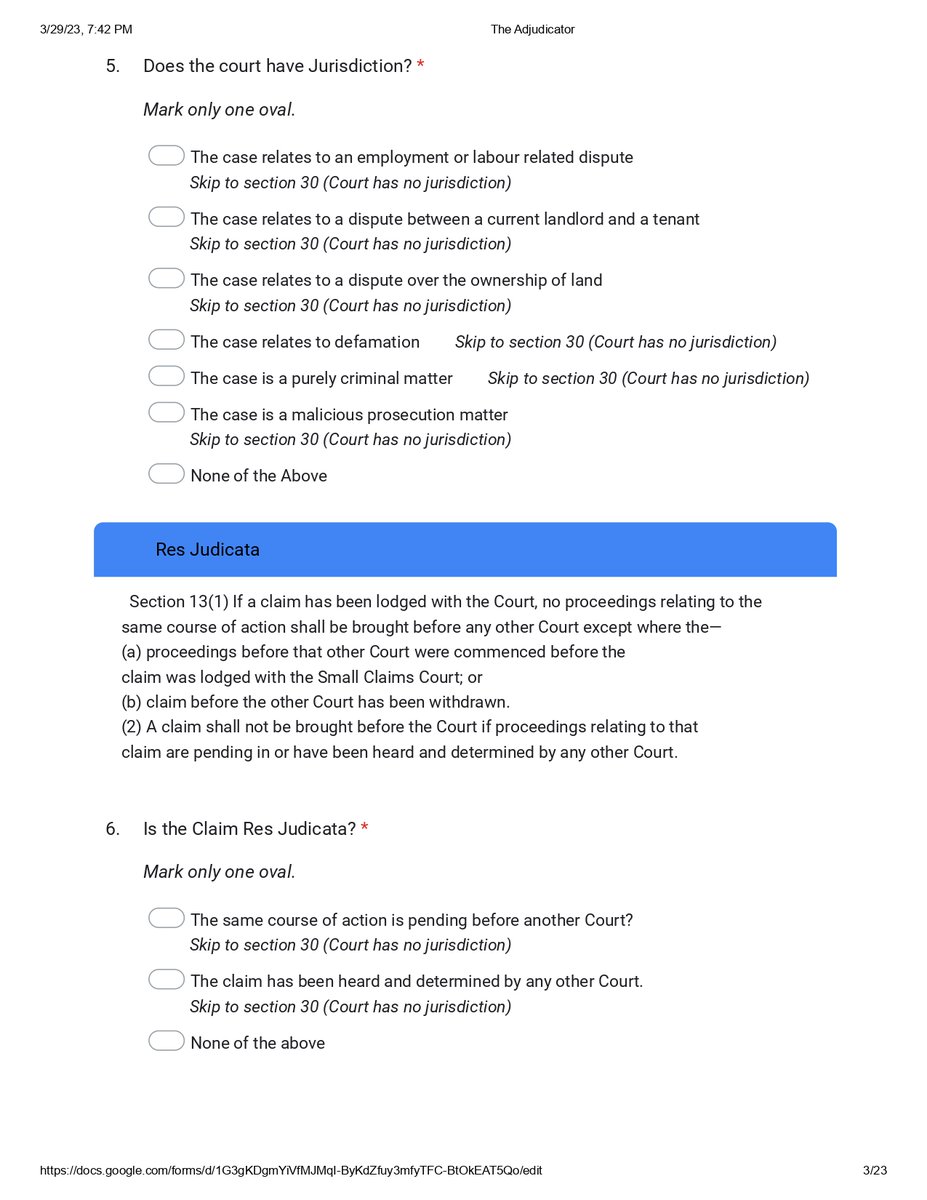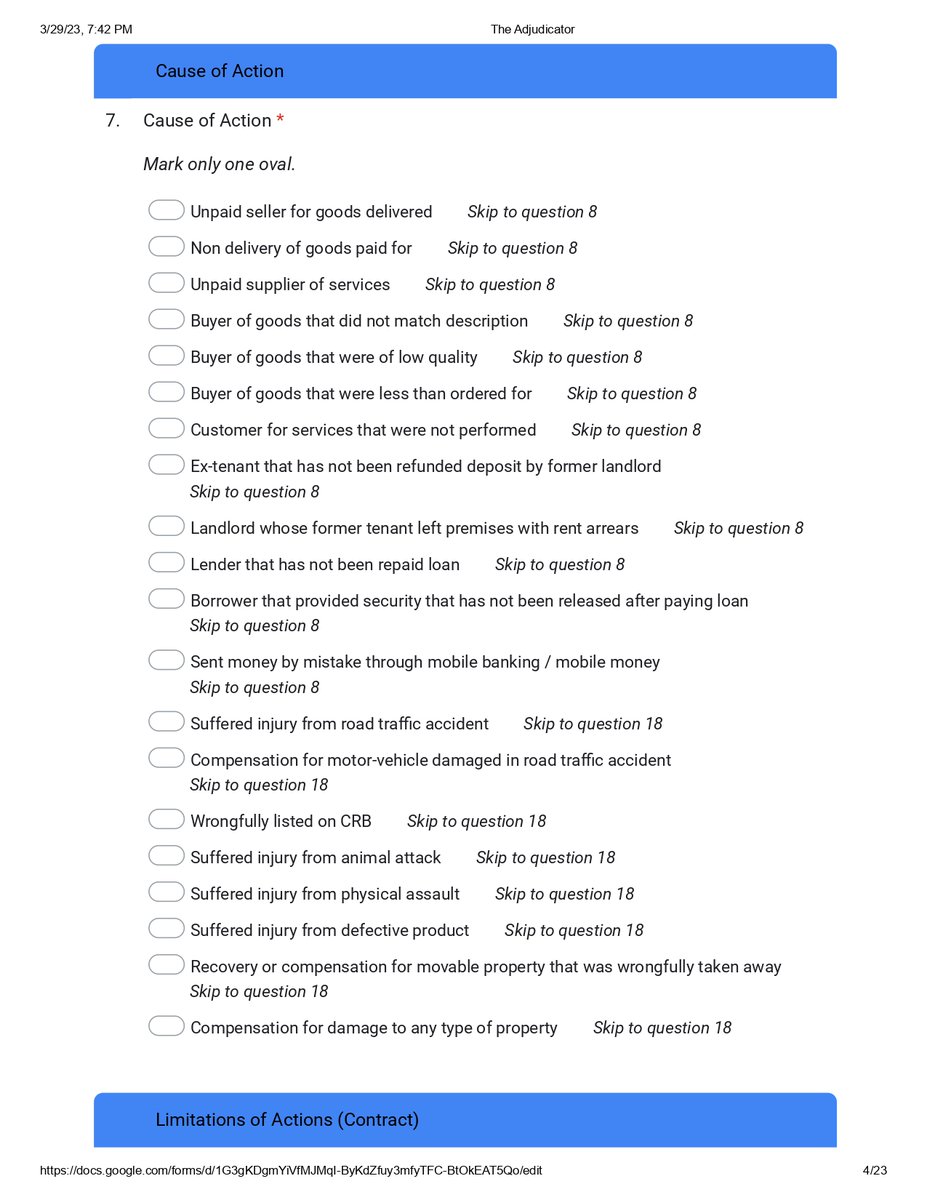Our system of law has always been adversarial, which means judicial officers (JOs) mainly listen but do not investigate or examines witnesses. The #SmallClaimsCourt Act changes this by giving the adjudicators broad investigative powers. Are we creating a monster? A thread 🧵 
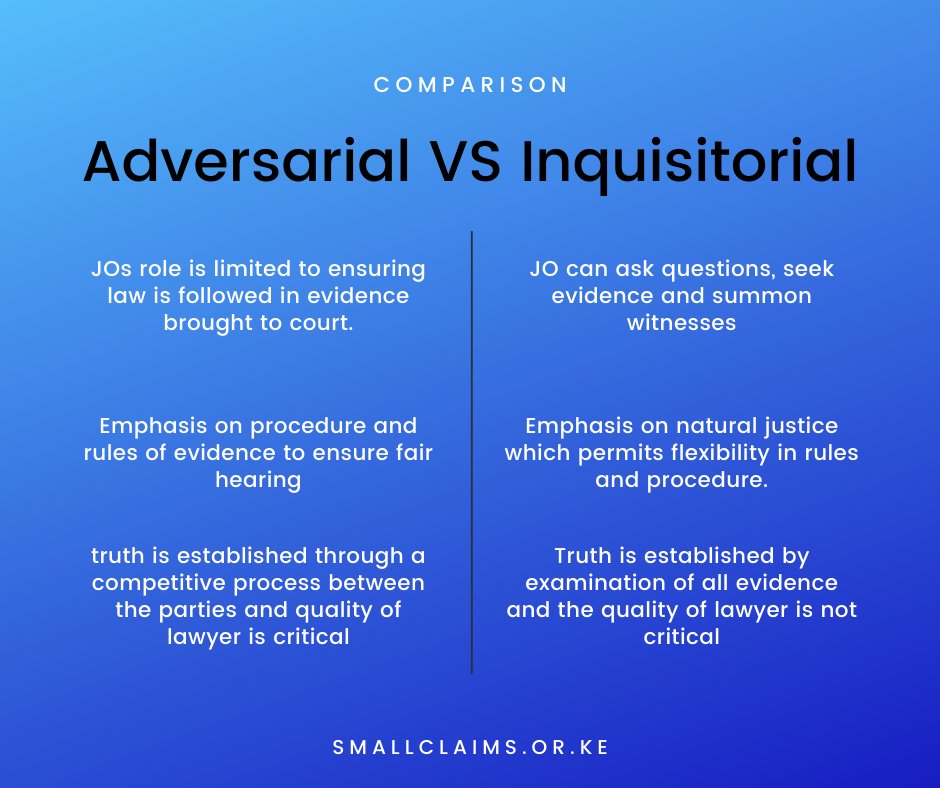
Sections 19 and 32(4) of the SCC Act give the court wide inquisitorial powers which include summoning witnesses, requiring production of documents, researching on its own, and examining witnesses on anything they consider relevant to determine the suit. 

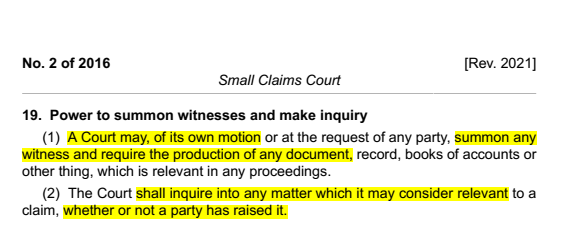
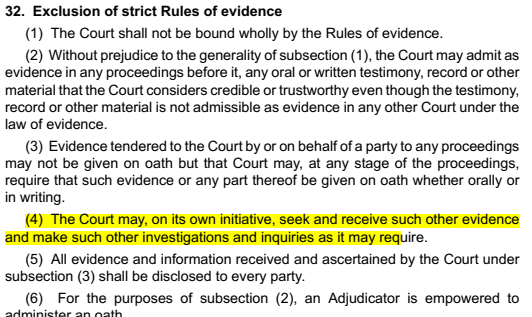
In addition, Section 17 gives the adjudicator wide discretion on what procedures to adopt in determination of matters as long as those procedures abide by the principles of natural justice 

It's arguable that these inquisitorial powers are necessary to cut through strict law of evidence hurdles and arrive at the truth, in a way that provides access to justice to all the users of the court, whether it is a publicly listed company or a mama mboga.
But the question is, since several aspects of the #SmallClaimsCourt remain adversarial, will giving adjudicators these inquisitorial powers create a Frankenstein system of law that gets out of control? Is it possible to successfully merge these two systems of law?
Our common law system allows for decisions to be made at the court's discretion. The danger of an inquisitorial JO in this common law system is that the JO can become prejudiced or the litigants can perceive the JO as biased in their decision making. 

This then creates an avenue for challenging the decisions and potentially moves the #SmallClaimsCourt further and further away from its objective of ensuring access to justice. But I propose that there is a solution...
The #SmallClaimsCourt is in urgent need of practice directions to clarify the situations where the court is allowed to become inquisitorial. This would give all parties clear expectations when the court puts on its investigator hat. 


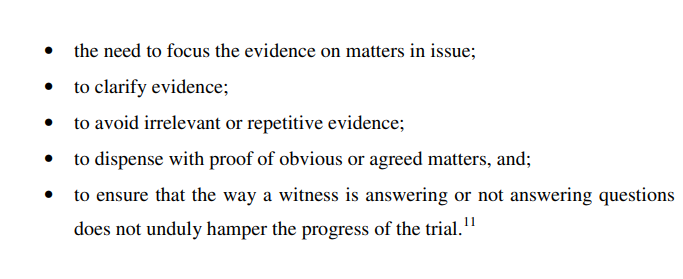


In conclusion, I believe that the hybrid inquisitorial and adversarial system in the #SmallClaimsCourt is not a monster, at least not yet. But in the absence of practice directions the danger remains in the horizon. 

• • •
Missing some Tweet in this thread? You can try to
force a refresh


